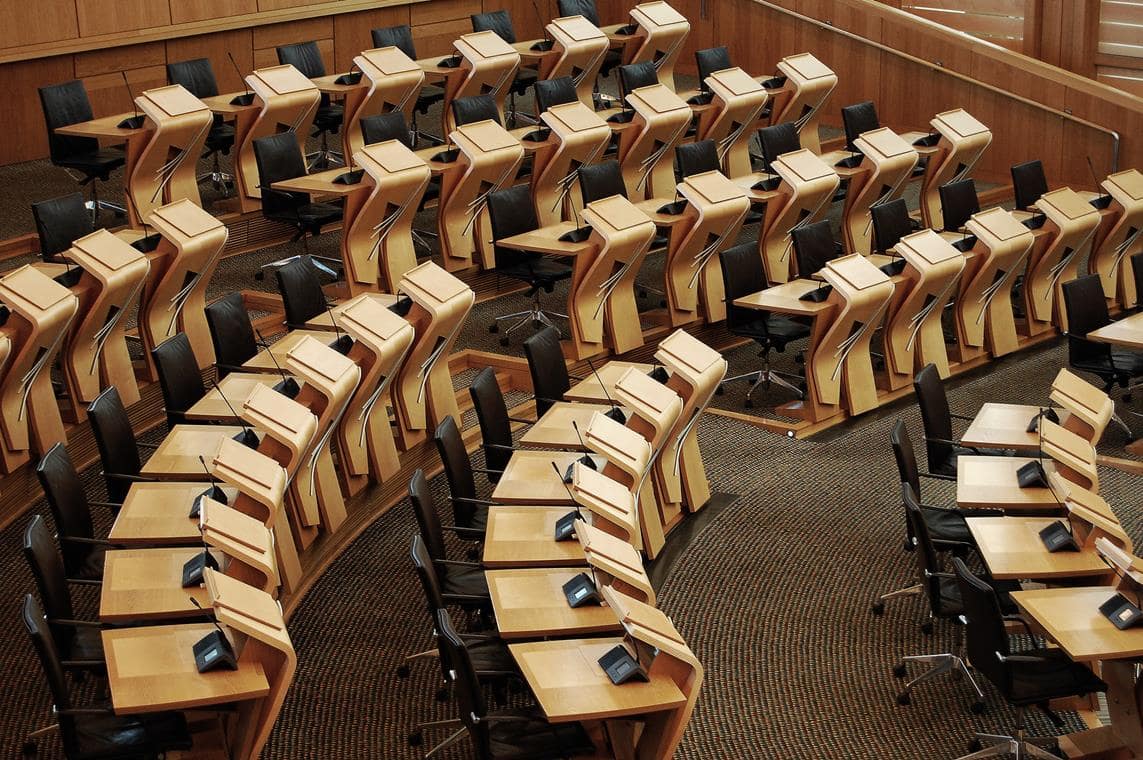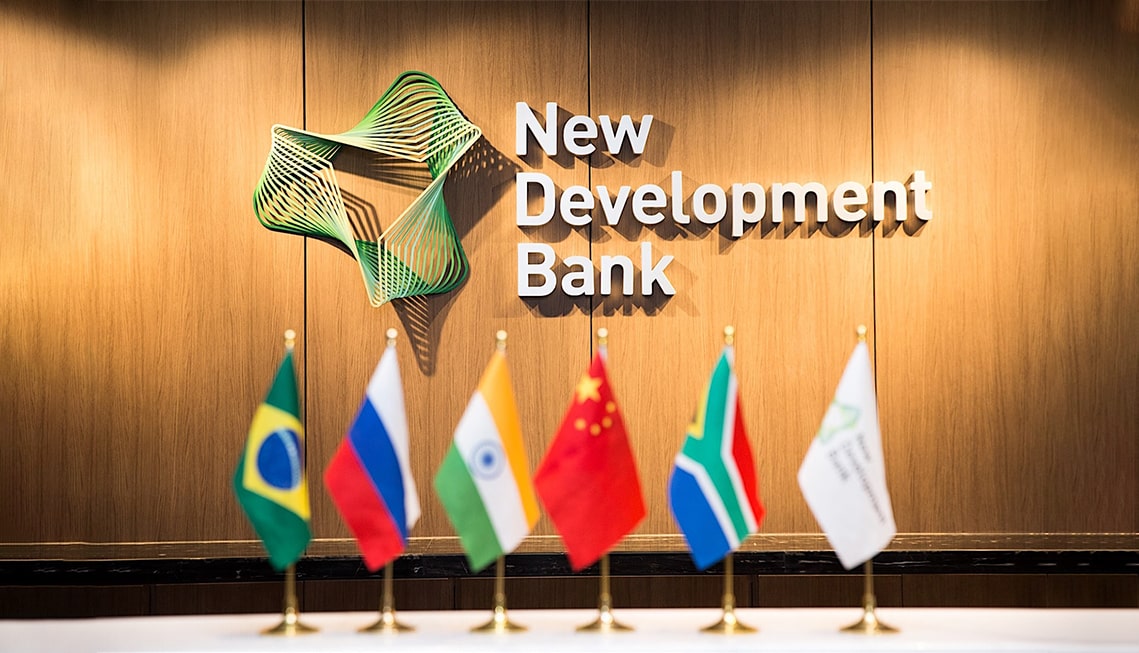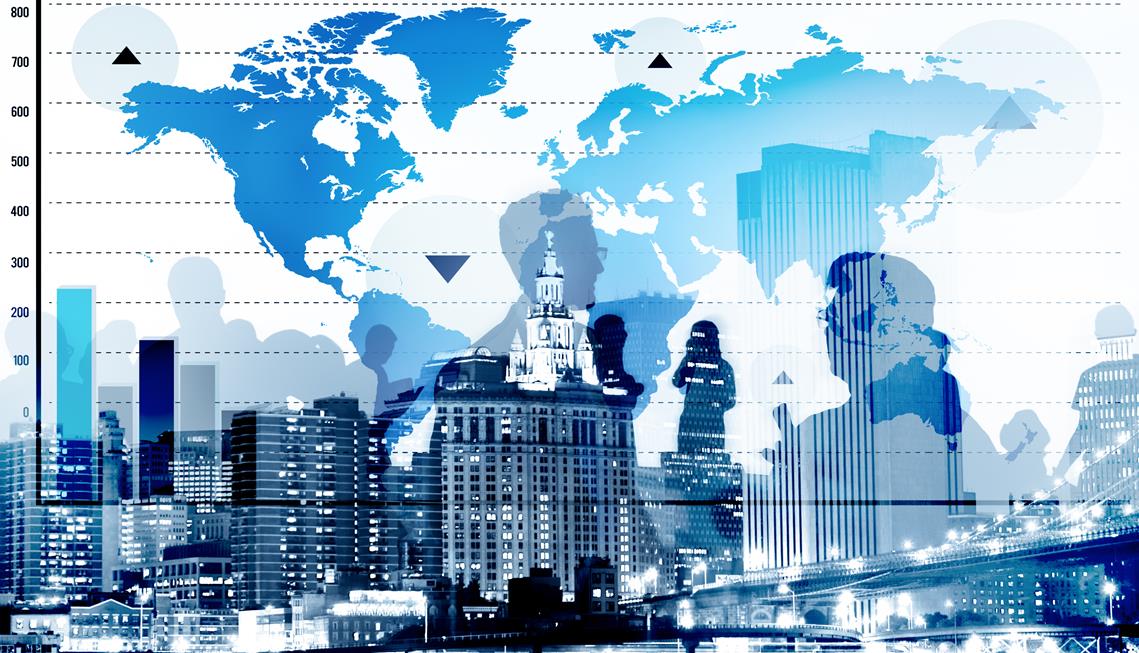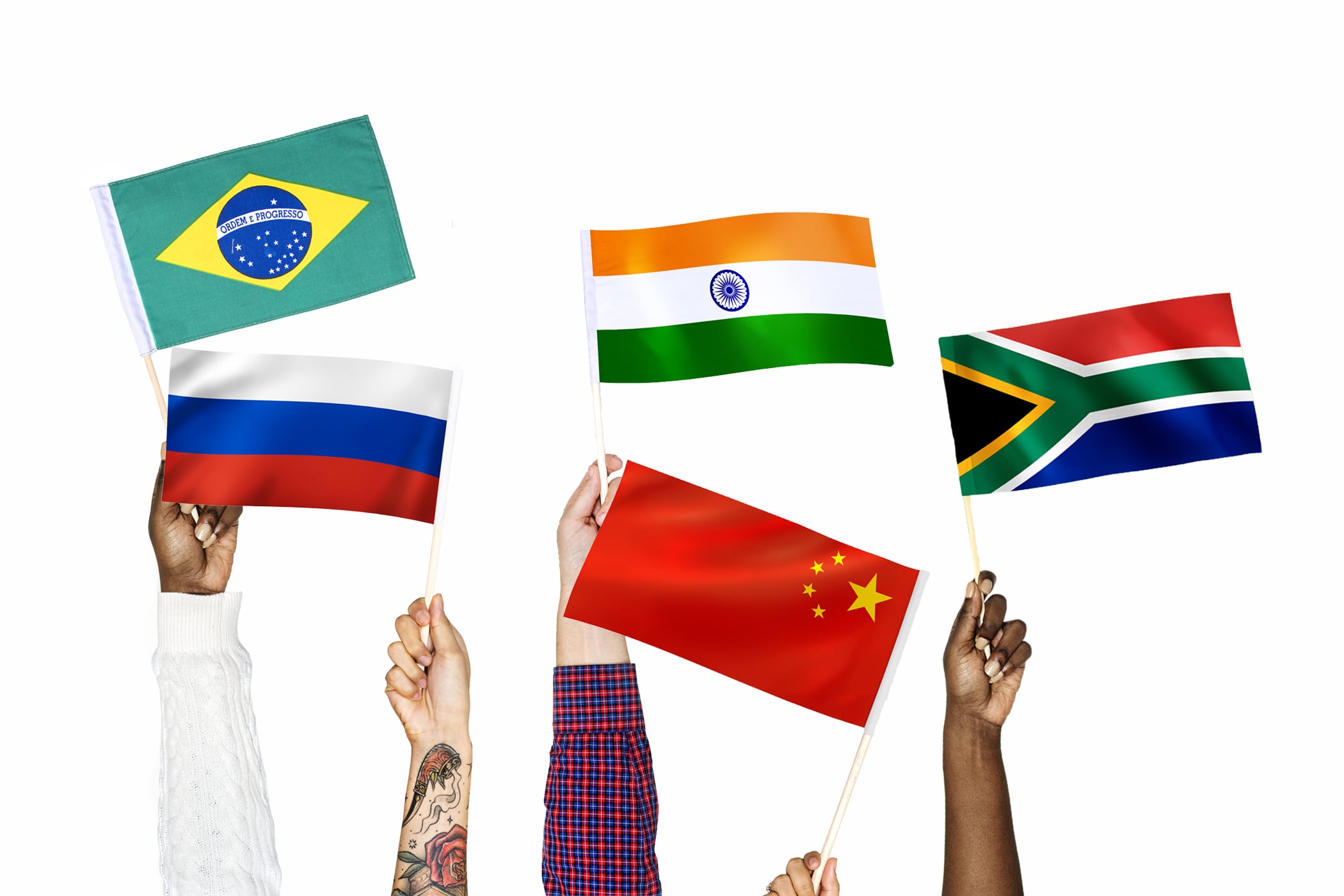In the complex arena of international diplomacy and global politics, a relatively new player has been making waves: BRICS. This acronym stands for Brazil, Russia, India, China, and South Africa. It has been gaining significance in reshaping the dynamics of the world stage.
But what exactly is BRICS, and why does it matter?

The beginning of BRICS
BRICS was born out of an idea from a Goldman Sachs report in 2001 that speculated these five emerging economies could become major players in the global economy by the year 2050. However, It wasn’t until 2006, that the first formal meeting of BRICS foreign ministers took place during the United Nations General Assembly in New York.
The group was officially formed in 2009.

Economic Powerhouse
At the core of BRICS is its economic power. These five countries together represent over 40% of the world’s population and about a quarter of the world’s land area. What’s truly remarkable is their collective economic output. In terms of GDP, BRICS nations rank among the top 10 economies globally, with China and India being the second and fifth largest, respectively.

Geopolitical Influence
Economic power translates into geopolitical influence. BRICS has been advocating for a more equitable world order, pushing for reforms in international institutions like the United Nations and the International Monetary Fund. The argument is that the current global governance system doesn’t accurately represent the world’s new economic realities.

Trade and Cooperation
One of the primary purposes of BRICS is to promote cooperation in various fields, including trade, science, technology, and culture. They also aim to strengthen economic and political ties among member nations. The New Development Bank (NDB), established by BRICS in 2015, provides an alternative source of funding for infrastructure and sustainable development projects.

Challenges and Critics
BRICS of course also faces its share of challenges. There are stark differences in political systems, economic development stages, and strategic interests among member nations. Critics argue that it lacks a synchronised agenda and that it’s more symbolic than substantive in terms of policy outcomes.
BRICS has come a long way since its inauguration. It’s an example of how emerging economies are reshaping the global landscape. While it may not be a formal alliance like NATO or an economic union like the EU, its significance lies in its potential. As these five nations continue to grow, BRICS could play an increasingly influential role in global governance and economics.
BRICS might not yet be a household name for many, but it’s a term worth knowing as it represents the changing dynamics of global power. As these five nations continue to collaborate and assert their influence on the world stage, BRICS will be a name that we hear more and more in the coming years.
